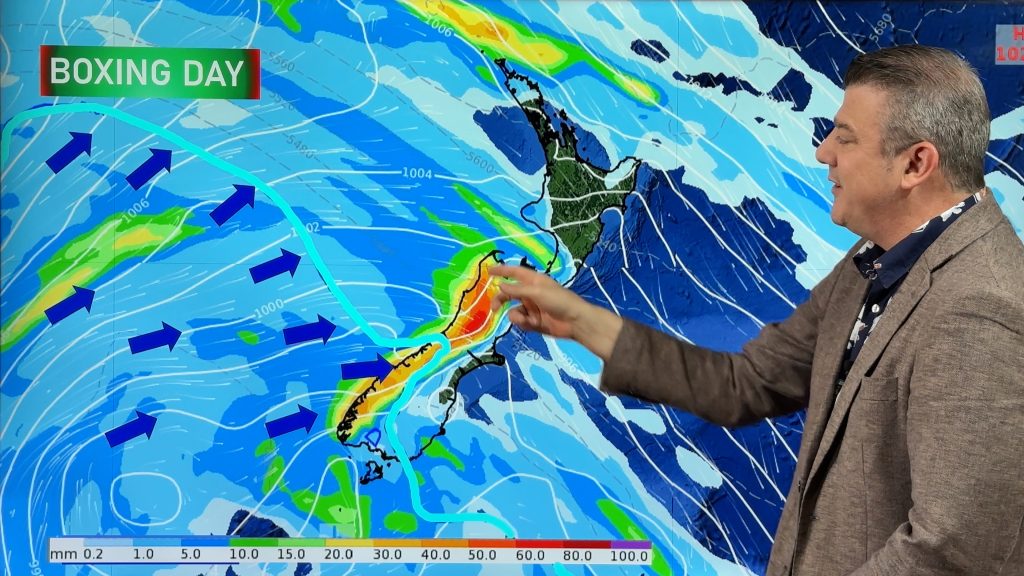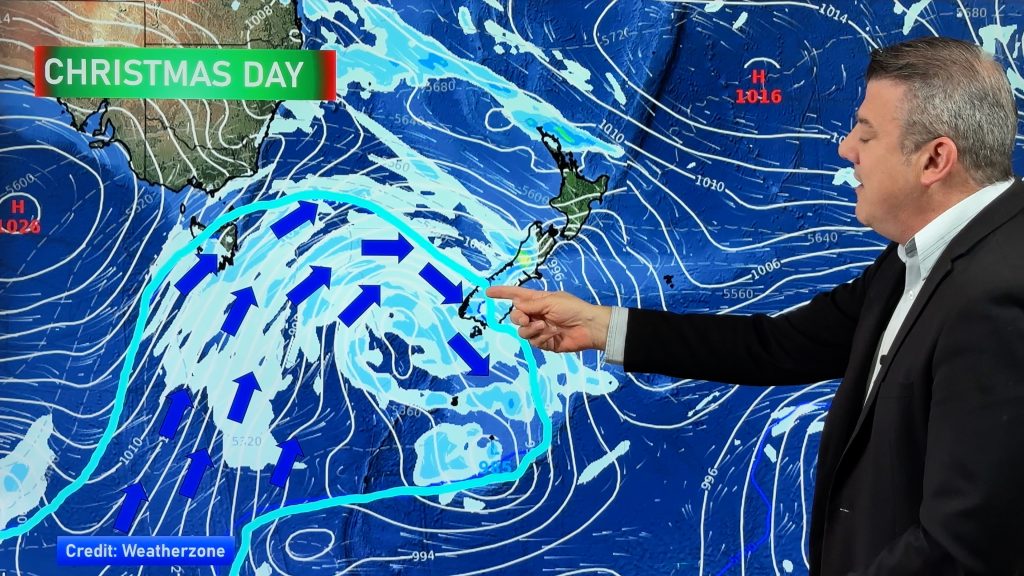
> From the WeatherWatch archives
Consumer NZ’s latest test of sunscreens highlights New Zealand’s situation of classifying sunscreens as cosmetics is not protecting consumers and needs to change.
Consumer NZ chief executive Sue Chetwin says out of the 19 products tested, only nine sunscreens met their SPF label claim and the requirements for broad-spectrum protection.
“As a result of our test two ‘natural’ sunscreens, which only provided low protection, and a third product, which didn’t meet its high protection or broad spectrum claims, have been removed from sale,†Ms Chetwin says.
Consumer NZ’s test also found six other products, including some big brands, that didn’t meet the SPF claimed on the label. However, Ms Chetwin says most of the affected companies were able to produce lab results showing the products had been tested and met their label claims.
The exceptions were the Cancer Society and Sungard. Consumer NZ’s testing of the Cancer Society Everyday SPF50+ and Sungard Moisturising Sunscreen SPF50+ found they had an SPF of 40 and 45 respectively. The sunscreens still provide high protection but not the very high protection indicated by the SPF50+ label claim.
This isn’t the first time Consumer NZ has found differences between its test results and the manufacturers’. Consumer organisations in Australia, the US and the UK have also reported similar findings.
“Companies don’t have to regularly test their products to ensure they still meet SPF claims, even if an ingredient supply changes, and some companies may go for years without re-testing. Our testing has also highlighted the lack of consistency between labs even when products are tested the same way,†Ms Chetwin says.
Another concern is that sunscreens can be sold in New Zealand without being tested because the sunscreen standard is voluntary. In a country with one of the highest skin cancer rates in the world, it’s time the government made the Australia and New Zealand standard mandatory, Ms Chetwin says.
For the full test results check out the December/January issue of Consumer or consumer.org.nz.
– Consumer media release
Comments
Before you add a new comment, take note this story was published on 1 Dec 2017.




Add new comment